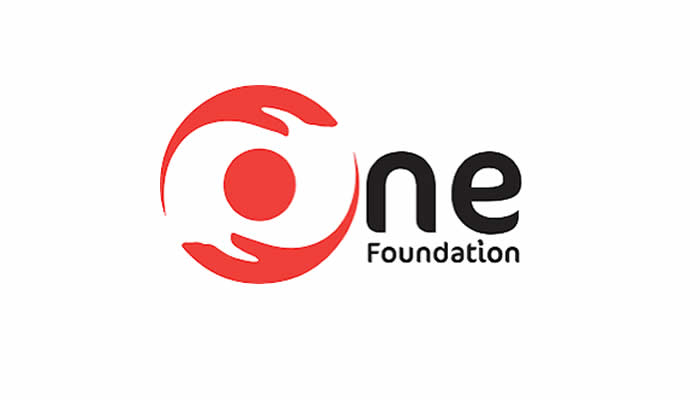The United Nations, in collaboration with the United Nations Global Compact Network Nigeria and Sterling One Foundation, convened a high-level CEO Roundtable to galvanize action towards accelerating the achievement of the Sustainable Development Goals (SDGs). With the 2030 deadline looming and progress significantly off-track, the roundtable focused on six critical “transition pathways” identified by the UN: food systems, energy access, digital connectivity, education, jobs and social protection, and climate resilience. The urgency of the situation was underscored, with only 17% of SDG targets currently on course, highlighting the need for dramatic acceleration in global efforts. The overlapping crises of climate change, inequality, and economic uncertainty further compound the challenge, emphasizing the importance of collaborative action. The roundtable served as a platform to align strategies, scale impactful ideas, and drive action within these crucial areas.
The private sector’s role in achieving the SDGs was a central theme of the discussions. Leaders emphasized that aligning business strategies with the SDGs isn’t merely a matter of social responsibility but also a sound economic imperative crucial for long-term success. The six transition pathways were presented as strategic lenses for impactful investment, offering opportunities for innovation, market expansion, and resilience building. Private sector leaders were urged to scale investments and take bold steps to create tangible community impact. This call to action was echoed by prominent figures within the business community, who challenged their peers to embrace bold initiatives in sustainable energy, food systems, and climate action.
The roundtable emphasized the significant opportunities presented by the transition to cleaner and more affordable energy. This shift was positioned as a catalyst for unlocking new economic frontiers, driving industrial growth, and ensuring a sustainable future. The potential for Africa to lead in climate-smart solutions was highlighted, with the caveat that success hinges on collaborative efforts between businesses and policymakers. The discussion framed the current moment as a defining one for legacy, urging businesses to embed the SDGs into their organizational structures with a sense of urgency. This integration was presented not only as the ethical choice but also as a strategically sound decision for long-term competitiveness.
The Nigerian government voiced its commitment to aligning policy with the SDG agenda. Plans were revealed to incorporate a dedicated section on the SDGs into the forthcoming national fiscal policy, demonstrating a commitment to hardwiring development targets into governance. A call was made to rethink how success is measured, advocating for a shift in focus from GDP to SDG performance. This perspective emphasizes the limitations of GDP as a metric for sustainable development and poverty reduction. The proposal for a global ranking system based on SDG performance was presented as a mechanism to incentivize competition and accelerate progress.
The government’s commitment to embedding the SDGs into the framework of national policy and planning was further underscored by the ongoing efforts to identify and remove fiscal impediments to progress across each of the six priority areas. This approach reflects a comprehensive and integrated strategy aimed at ensuring that fiscal policies actively support the achievement of the SDGs. The roundtable served as a valuable platform for fostering alignment between the private sector, policymakers, and development partners, reinforcing the importance of collaborative action toward a sustainable future.
The United Nations commended the private sector’s proactive engagement and reiterated the importance of partnerships in achieving the SDGs. The emphasis was placed on localized, collective action as the key to realizing the 2030 Agenda. By integrating the SDGs into corporate strategies, supply chains, and investments, businesses can simultaneously advance global development and create long-term value for themselves, their employees, and the planet. This integrated approach recognizes the interconnectedness of economic prosperity, social progress, and environmental sustainability. The roundtable successfully highlighted the urgency of the situation, fostered collaboration, and underscored the critical role of the private sector in accelerating progress towards a sustainable future for all.


